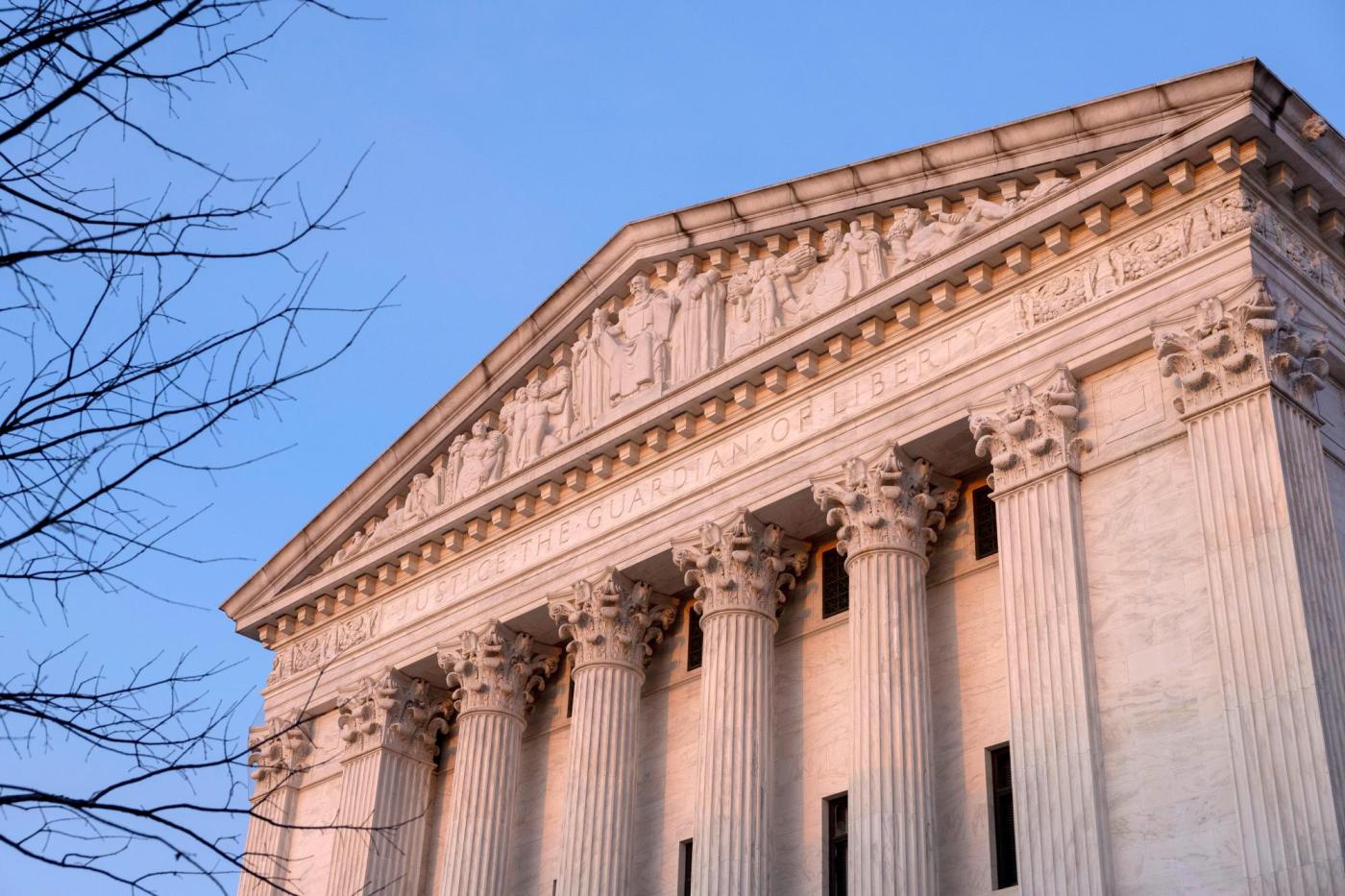Associated Press
WASHINGTON — The Supreme Court is allowing Idaho to enforce its ban on gender-affirming care for transgender youth while lawsuits over the law proceed, reversing lower courts.
The justices’ order Monday allows the state to put in a place a 2023 law that subjects physicians to up to 10 years in prison if they provide hormones, puberty blockers or other gender-affirming care to people under age 18. Under the court’s order, the two transgender teens who sued to challenge the law still will be able to obtain care.
The court’s three liberal justices would have kept the law on hold. Justice Ketanji Brown Jackson wrote that it would have been better to let the case proceed “unfettered by our intervention.”
Justice Neil Gorsuch of the conservative majority wrote that it is “a welcome development” that the court is reining in an overly broad lower court order.
A federal judge in Idaho had blocked the law in its entirety after determining that it was necessary to do so to protect the teens, who are identified under pseudonyms in court papers.
Lawyers for the teens wrote in court papers that the teens’ “gender dysphoria has been dramatically alleviated as a result of puberty blockers and estrogen therapy.”
Opponents of the law have said it will likely increase suicide rates among teens. The law’s backers have said it is necessary to “protect children” from medical or surgical treatments for gender dysphoria, though there’s little indication that gender-affirming surgeries are being performed on transgender youth in Idaho.
Gender-affirming care for youth is supported by every major medical organization, including the American Medical Association, the American Academy of Pediatrics and the American Psychiatric Association.
Related Articles
NAIA all but bans transgender athletes from women’s sports
It took 7 years for this San Jose high school to establish a gender-neutral locker room
Former Olympian Caitlyn Jenner backs ban on female transgender athletes from using county-owned facilities
Opinion: Past victories to protect queer kids at school aren’t enough
California school district’s critical race theory ban, transgender notification policy stand for now, judge rules
Medical professionals define gender dysphoria as severe psychological distress experienced by those whose gender identity differs from their sex assigned at birth.
The action comes as the justices also may soon consider whether to take up bans in Kentucky and Tennessee that an appeals court allowed to be enforced in the midst of legal fights.
At least 23 states have enacted laws restricting or banning gender-affirming medical care for transgender minors, and most of those states face lawsuits. A federal judge struck down Arkansas’ ban as unconstitutional. Montana’s ban also is temporarily on hold.
The states that have enacted laws restricting or banning gender-affirming medical care for transgender minors are Alabama, Arkansas, Arizona, Florida, Georgia, Idaho, Indiana, Iowa, Kentucky, Louisiana, Mississippi, Missouri, Montana, Nebraska, North Carolina, North Dakota, Ohio, Oklahoma, South Dakota, Tennessee, Texas, Utah and West Virginia.












